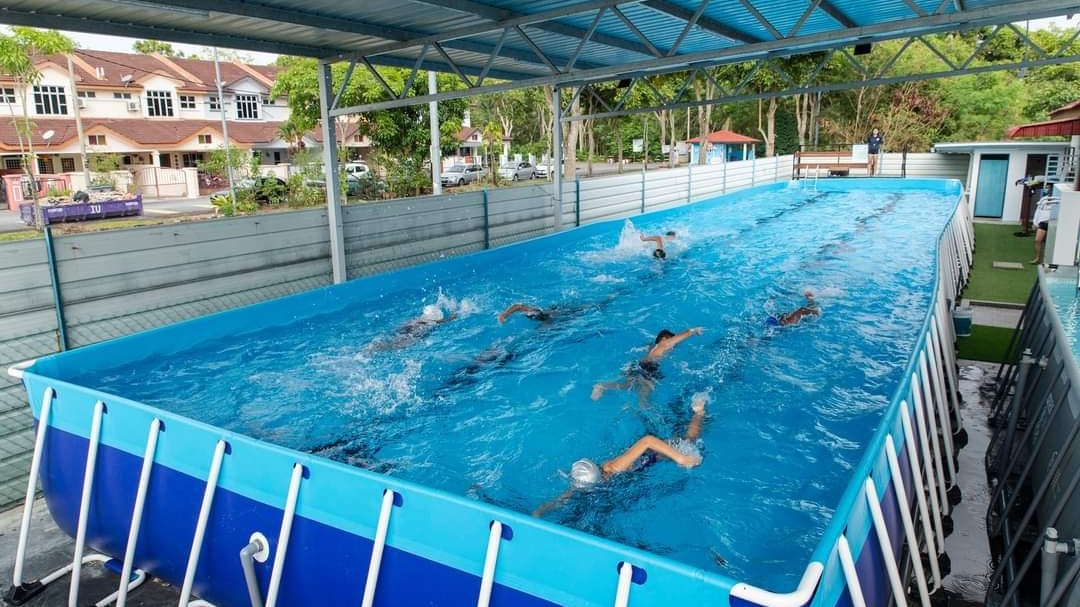Swimming is often perceived as a graceful and effortless sport, with athletes gliding through the water with incredible speed and precision. However, behind the elegance lies a world of relentless training, unwavering discipline, and sheer determination. Becoming a professional swimmer is not just about talent—it requires grit, resilience, and an unbreakable will to succeed.
The Grueling Training Regimen
Professional swimmers train for hours each day, often waking up before dawn to dive into the pool. Unlike other sports where training might focus on different muscle groups separately, swimming demands full-body endurance and strength. Athletes spend an average of 4-6 hours daily in the water, perfecting their strokes, turns, and breathing techniques. Land training is equally intense, with strength training, flexibility exercises, and cardiovascular workouts forming a crucial part of their regimen.
Consistency is key in the world of swimming. Unlike other professions where weekends offer rest, elite swimmers train year-round, often sacrificing vacations and social events. Many swimmers also undergo altitude training or specialized resistance programs to improve stamina and efficiency in the water.
Mental Fortitude and Resilience
Beyond the physical toll, professional swimming demands an immense level of mental toughness. Swimmers push through pain, fatigue, and the pressure of high-stakes competitions. Losing by a fraction of a second can mean missing out on medals or career-changing opportunities, making mental resilience a defining trait of champions.
Many swimmers work closely with sports psychologists to develop focus, confidence, and stress management skills. Visualization techniques, mindfulness, and mental conditioning drills are as critical as physical training. The ability to stay composed under pressure—whether it’s at an Olympic final or a national championship—separates the great from the good.
The Road to Glory
The glory of professional swimming is undeniable. From standing on the Olympic podium to breaking world records, the sport offers unforgettable moments of triumph. But success doesn’t come overnight. Many swimmers dedicate decades of their lives to training, starting from early childhood and progressing through junior competitions, collegiate swimming, and eventually, international meets.
The sacrifices are immense—limited social life, restricted diets, and endless early mornings. However, the thrill of representing one’s country, the camaraderie among teammates, and the sheer joy of personal achievement make the sacrifices worthwhile.
The Business Side of Swimming
Unlike mainstream sports such as soccer or basketball, professional swimming doesn’t guarantee financial stability. While top athletes secure sponsorships, endorsement deals, and prize money from competitions, many struggle to make ends meet. Governing bodies and sponsorships play a significant role in an athlete’s career, and many swimmers supplement their income by coaching, conducting clinics, or even pursuing secondary careers alongside their athletic ambitions.
Conclusion
Swimming for a living is not for the faint-hearted. It requires an extraordinary level of commitment, resilience, and passion. Yet, for those who persevere, the rewards—whether in the form of medals, personal triumphs, or the sheer love of the sport—are immeasurable. Professional swimming is a testament to human endurance, proving that true greatness is earned one stroke at a time.
